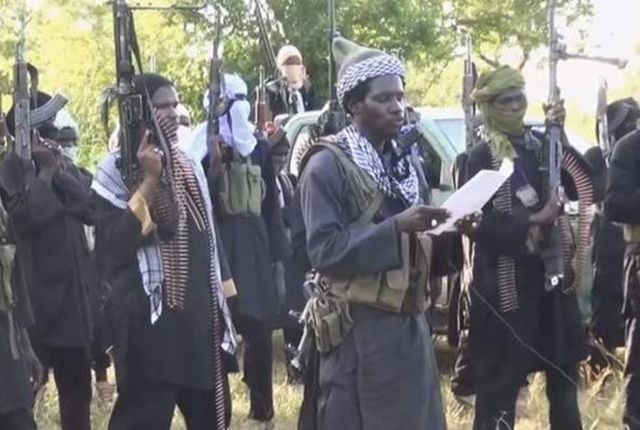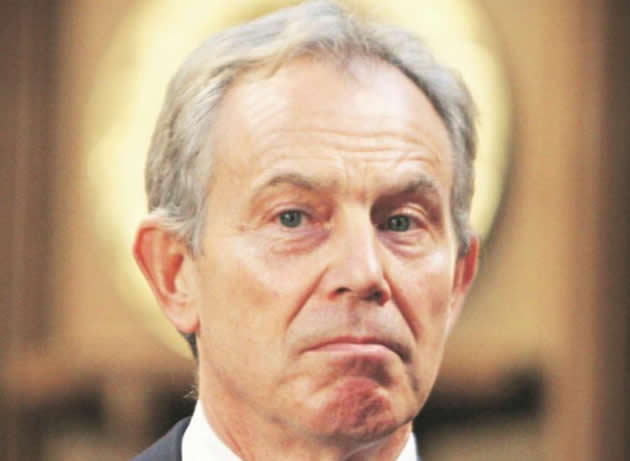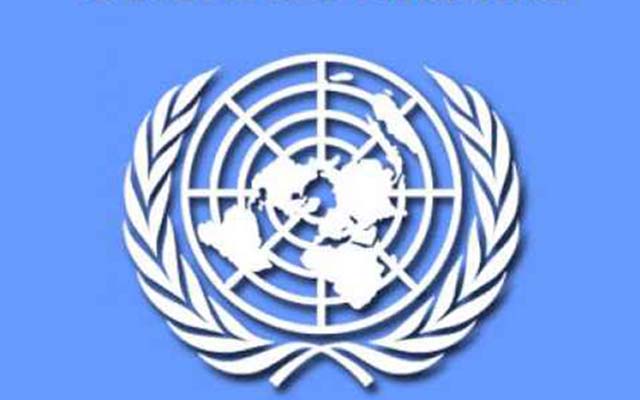Trump’s domestic policy on identity politics, terrorism


Boko Haram
Sharon Hofisi:Legal Matters
Identity politics at play: The CNN describes ISIS as a third generation Al-Qaeda which in 2006 rebranded to the Islamic State in Iraq, and adding Syria, as evidenced by the moniker ISIS, the Sunni-Shia rivalry drives the Sunnis to strive to establish a caliphate across the Middle East region. November 20, 1979 reminds us of the Islamist dissidents of Mecca — the holiest place in Islam.The mulish mutineers massacred 255 pilgrims who were attending the annual haj. Their leader, Mohammed Abdullah al-Qahtani, proclaimed himself the Mahdi or redeemer of Islam. A quick gaze on the IS acts will also show that: 9/11 had 3000 deaths. Paris and Ankara have been hit with terrorist assaults.
The Islamic State of West Africa Province (ISWAP), popularly called Boko Haram, has been a menace in Eastern Nigeria.
Supranational bodies such as the United Nations (UN) Security Council have been urged, in the aftermath of the Paris attacks, to focus their actions in Syria on IS and not just the anti-Assad opposition.
The history of terrorism is no different. 11-March 2004 in Spain and April 19, 1995 in Oklahoma, are dates that are just as sad as was September 5, 1793 — when the reign of terror saw more than 16 594 French citizens being guillotined.
Add these statistics to terrorism events such as Lockerbie, Wall Street, Bombay, Karachi, US-embassy and Superferry 14 bombings.
Domestic policy strives to deal with identity politics.
In the words of Noam Chomsky in his seminal work, “The Culture of Terrorism”, “the United States of America (USA) has an international and security policy which is rooted in the structure of power in domestic society”.
In essence, the policy is clearly explained by power politics. Donald Trump, who won the US general election on November 8, 2016, campaigned against terrorist groups like ISIS, simply IS.
He wants extreme vetting of immigrants from Muslim majority countries to pre-empt domestic terrorism.
Some of his views in this regard have seen travel bans being successfully litigated against in US courts.
Trump, in his speech on June 13, 2016 urged America to unite the whole civilised world in the fight against Islamic terrorism.
This represents an aggressive military policy approach against ISIS.
The US has the military capacity to do that. He was motivated to do this by the terror attacks on American soil in areas such as Orlando.
His pledge was “to protect and defend all Americans who live inside of our borders. Wherever they come from, wherever they were born, all Americans living here and following our laws will be protected”.
Part of his envisaged foreign policy was “We will defeat ISIS overseas”.
His was against media view on “home-grown” terrorism, and considered “Islamic radicalism, and the networks that nurture it, as imports from overseas”.
He used the religious connection of the Boston bombers by arguing that the controversial Mosque they attended was founded by an immigrant from overseas who had been charged in an assassination plot.
The USA’s use of domestic security policy in combating terrorism is commendable. With the Middle East, and parts of North and West Africa providing the world with sad statistics on the scourge of fundamentalist terrorism, States have been reacting to the scourge of terrorism in different ways.
Some have realised that mild domestic measures, such as police surveillance, are noble but not enough.
The evidence for this was seen in the aftermath of Paris and Ankara terrorist attacks. Mild measures have failed to deal with a proliferation of self-proclaimed capitals of the caliphate such as Raqqah.
States have acted in coalition to support vulnerable states. For instance, the Syrian Democratic Forces has been supported to carry out several airstrikes against IS.
Donald Trump’s view even transcended regional security arrangements. One of his speeches on June 13, 2016 was that “NATO needs to change its focus to stopping terrorism”.
His concerns augur well with Chomsky’s argument that “the task of restoring regional standards abroad can be conducted efficiently only if the rear base is stable and secure”.
Other States have also responded to security threats with France focusing its targets on ISIS. She has been busy determining the attackers` and plotters` identities and launching retaliatory bombing in Syria from the United Arab Emirates, (discernibly in self-defence as envisaged in the UN Charter).
Raven (2015) notes that “10 fighter jets pummelled the ISIS-held city of Raqqa in Syria and . . . France has attacked IS command and control centre, jihad recruitment centre, a munitions depot and a training camp”.
Moon (2015) quotes the Army Colonel Steve Warren who stated that, “operations (against IS) are focused on a single goal to degrade, dismantle and ultimately defeat ISIL”. 129 deaths in Paris and more than 102 in Ankara, Turkey are unacceptable. It’s a wanton disregard of the sanctity of human life.
When Ankara was hit, Turkey, managed to foil the terrorist attempt, and arrested and detained five militants from the notorious “Jihad John”.
Similarly, the US claimed to have injured Abu Bakr al-Baghdad (Jihad John) in an airstrike that killed 10 IS militants in Iraq.
When Paris and Ankara were attacked, the then United Kingdom’s Prime Minister, David Cameron, urged Russia`s Putin, to focus more on ISIS, than just the anti-Assad groups.
Cameron recalled Parliament to discuss possible intervention in Iraq to help Iraq fight ISIS. He was getting the backing of Labour`s Ed Miliband who described ISIS as a “murderous organisation, (which) has taken British hostages, threatens stability of the region and is therefore a threat to the UK`s national interest”.
The US` then President Barack Obama vowed to quell terrorism. Even Putin`s exhortation to ending ISIS has an important condition precedent, “if all the international community unites its efforts”.
Sharon Hofisi is a Lecturer in Democracy and Human Rights at the University of Zimbabwe. He can be contacted at [email protected]







Comments